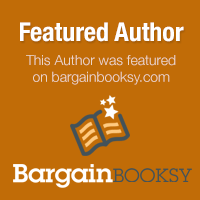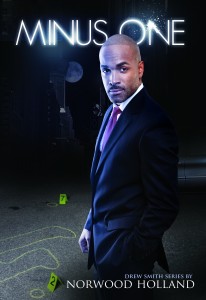Writing The Book Proposal
KNOW THE RULES OF THE GAME
A book proposal is multi-purpose but more necessary for non-fiction while an outline may adequately serve the fiction writer’s planning purpose. The proposal keeps the writer focused on the end game i.e., selling books. The greatest benefit is allowing the author to shop it around without a final manuscript. It eliminates the need to write the entire manuscript before you make the sale; indeed, most professional writers, and most beginners as well, use a book proposal to close the deal. Writing a book proposal is often an eye opening experience allowing your creativity to expand and explore possibilities in structuring and organizing the book.
You must submit a book proposal (usually via a literary agent) to procure a book deal. The reason is that the publisher needs to know if investing the money in publishing your book will pay off. Your book proposal must make a compelling case that this book, written by you, is needed in the marketplace.
A good reference is literary agent Michael Larsen‘s How To Write A Book Proposal. He sets out the hot buttons that will excite editors and agents like good writing, the size of the market you plan to penetrate and your ability to promote the book. Like a road map the proposal components serve as milestones along the journey to your publishing destination. It’s a great way to gel your thinking on the marketing viability of your book. Remember you want to write a book people will want to read, and your book proposal is going to show that editor/agent how you plan to do it.
How will it sell? You’ll have to pitch your proposal and it should have a curiosity factor or what Larsen calls “hot buttons” that pique an agents curiosity. For the nonfiction book the proposal helps define the market and the targeted reader, likewise a fiction outline should address the genre and the targeted reader. Every genre has certain specific rules for example a thriller cannot be a thriller without gripping suspense. Knowing the rules and determining market and genre factors are indispensable considerations in planning your book.
The non-fiction author should have a platform or at least begin to build one. A platform speaks to an author’s credentials and what qualifies him or her to speak with any kind of authority on the topic. Literary Agent Rachelle Gardner in her 10 Tidbits About Author Platform suggests a platform is only necessary if you want to sell a lot of books, and not necessary if your primary goal is to write rather than sell. I agree particularly when it comes to the fiction author where an author’s qualifications are more likely measured by the quality of the writer’s writing. Non-fiction authors, be aware the platform is a primary consideration for publishers, and should be primary for you even if you’re considering self-publishing.
Platform building can include: building a speaking career and speaking to larger and larger audiences; having regular or ongoing visibility in the traditional media (radio, TV, magazines, newspapers); having a highly visible position in a large organization, for example, being a pastor of a 5,000 member church or the CEO of a 1,000-employee company; or building a strong online identity with blogging and social networking.
Author William Cain explains the book proposal components with this table of contents example.
- Overview
- Marketing
- Promotion
- Competing Books
- About the Author
- List of Chapters
- Chapter-by-Chapter Summaries
- Sample Chapters
So you say you want to write a book, for non-fiction start with a proposal. If its fiction learn the elements of your genre and conform your outline thereto. Every genre has common specific elements be it Literary, Mystery, Thriller, Romance, Science Fiction, Fantasy and all other contemporary popular genres. In setting out on your journey to write that book let the foregoing be your food for thought.
.
Next: Self Publisher: To Be or Not To Be





